Let’s face it: hitting your 40s can feel like someone swapped your premium fuel for regular. Energy levels dip, recovery takes longer, and your gym stats? Forget about it. What gives? For many of us, the culprit is testosterone-or the lack of it. This isn’t just some macho hormone; testosterone plays a huge role in energy, mood, muscle mass, and even how sharp you feel upstairs (and down).
The good news? You’re not doomed to let it fizzle out. With the right tools, habits, and science-backed ingredients, you can reclaim your edge.
Why Testosterone Takes a Backseat After 40
Testosterone levels naturally decline about 1% per year after your 30s. Combine that with stress, poor sleep, a not-so-perfect diet, and maybe a few more beers than you'd like to admit, and you’ve got the perfect recipe for hormonal havoc. The result? Fatigue, lower libido, slower recovery, and even that stubborn belly fat that just won’t budge.
But here's the kicker—this isn't just about aging. It’s about lifestyle, diet, and how you treat your body. You’re in control of more than you think.
Signs You’re Low on T
- Feeling Exhausted 24/7: Even after a full night's sleep, you feel wiped.
- Muscle Loss, Fat Gain: If your gains are MIA but your waistline isn't, it might not just be your workout.
- Foggy Brain: Forget where you left your keys? Again? Yep, testosterone impacts memory and focus.
- Mood Swings: If you’re snapping like a rubber band, it might not just be stress.
-
Low Libido: Enough said.
Your Testosterone Game Plan
Reversing low T doesn’t require scary needles or mysterious pills - it’s about consistent effort and the right strategies.
1. Dial in Your Diet
You are what you eat, and your testosterone depends on it. Focus on:
Healthy fats: Avocados, olive oil, and nuts are hormone-boosting staples.
Protein-packed foods: Eggs, lean meats, and fatty fish help build muscle and sustain T levels.
Key micronutrients: Foods rich in zinc (oysters, spinach) and magnesium (pumpkin seeds, dark chocolate) are crucial for hormone production.
2. Lift Heavy, Recover Well
Strength training, especially compound movements like squats and deadlifts, triggers testosterone release. Pair this with HIIT workouts for an extra hormonal boost. Recovery is just as critical-don’t skip your rest days.
3. Prioritize Sleep, Seriously
Your body produces the bulk of its testosterone while you sleep. Aim for 7-8 hours of solid, uninterrupted shut-eye. Magnesium or natural sleep aids can help if your nights feel restless.
4. De-Stress to De-Clutter Your Hormones
Chronic stress spikes cortisol, which suppresses testosterone. Deep breathing, meditation, or simply stepping away from the chaos for a walk can keep stress in check.
5. Supplement Smartly
We've all seen those Testosterone booster commercials selling pills that look like they came from a Breaking Bad episode. You don't have to play russian roulette with your body by taking unknown chemicals of questionable sources and dubious long-term side effects. AJA’s Prime Performance T-Support uses safe, natural, clinically-backed ingredients like zinc, ashwagandha, and vitamin D, to help restore your T-levels. I don't believe in quick fixes that also deliver healthy long-term results. If you are looking to improve energy, libido, and feel like your old self again, we have the sustainable solution you’ve been looking for.
When to Consider Professional Help
If you’re doing all the right things, tried over-the-counter supplements, and still feeling off, it’s worth talking to your doctor. Low T can be diagnosed with a simple blood test, and clinical-level treatments like hormone replacement therapy (HRT) might be the best solution for you. There is no one-solution-fits-all but it's worth finding the root cause and the right solution. It'll be worth it in the long run.
Take Charge of Your Vitality
Testosterone management isn’t about turning back the clock—it’s about owning your health, vitality, and confidence as you age. With the right habits, a few smart tweaks, and some help from AJA, you can stay sharp, strong, and unstoppable.
You got this.
Anthony
**Disclaimer: This blog content is not meant to replace professional medical advice. The information provided is for educational purposes only. Consult your doctor if you suspect changes in your Testosterone levels.**
